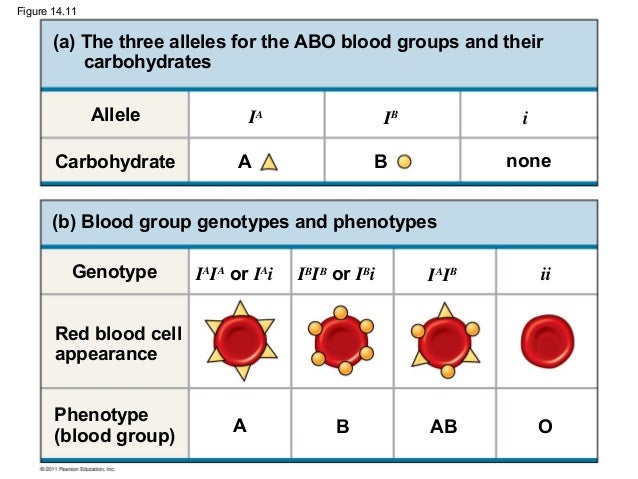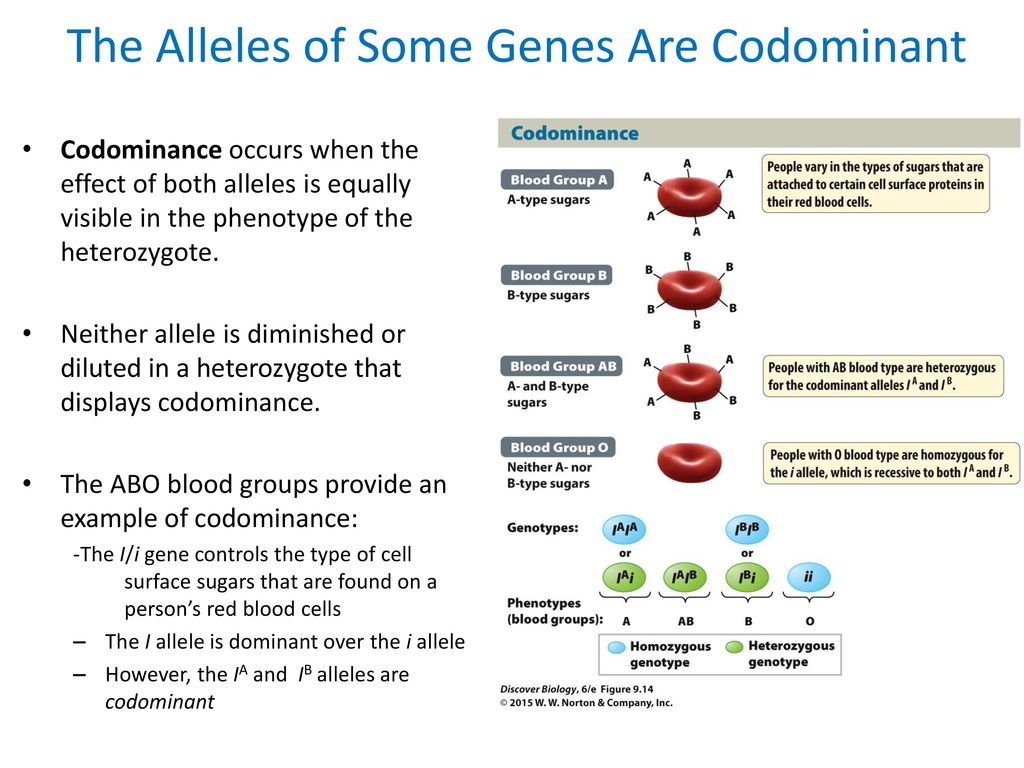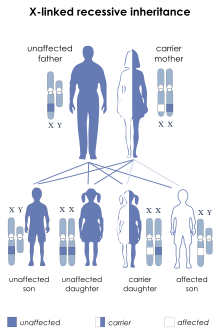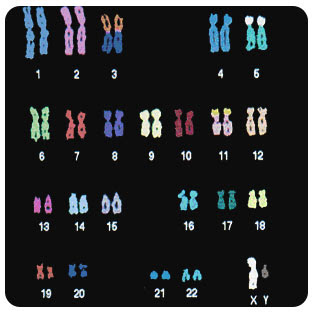Introduction to the chapter. You will be reminded of the macromolecules and the monomers. The basis of this chapter will be about Nucleic acids; DNA and RNA. We will also examine viruses.
Thursday, February 28, 2019
Tuesday, February 26, 2019
Monday, February 25, 2019
Thursday, February 21, 2019
End of Chapter 9
You will watch the video clip, One Wrong Letter. The video is about about a real life experience of
Tay Sachs disease. Click on the link below to view.
One Wrong Letter
We will also have some final thoughts about the chapter and answer questions about the worksheets.
Tay Sachs disease. Click on the link below to view.
One Wrong Letter
We will also have some final thoughts about the chapter and answer questions about the worksheets.
Wednesday, February 20, 2019
Fingerprints and Incomplete Dominance Lab
The class will grade the sex-linked, hemophilia work sheet.
We will also discuss one of the article from the Wall Street Journal's Opinion section from 2/19/2019
Lab: You will name the fingerprint patterns, and then find each of the three types from yourself from others.
![Can you read clues to your relations through your fingertips? [Illustration by George Retseck for Scientific American]](https://i.pinimg.com/474x/19/3b/94/193b94d35fb9695e6afe48cfb9fd2593--fingerprint-science-for-kids-fingerprint-science-fair-project.jpg?b=t)
We will also discuss one of the article from the Wall Street Journal's Opinion section from 2/19/2019
Lab: You will name the fingerprint patterns, and then find each of the three types from yourself from others.
![Can you read clues to your relations through your fingertips? [Illustration by George Retseck for Scientific American]](https://i.pinimg.com/474x/19/3b/94/193b94d35fb9695e6afe48cfb9fd2593--fingerprint-science-for-kids-fingerprint-science-fair-project.jpg?b=t)
Tuesday, February 19, 2019
ABO Blood Types


People with blood type AB are considered universal recipients.
People with blood type O are considered universal donors.
Definition: An antigen is a substance that stimulates the production of antibodies when introduced into the body. Antigens include toxins, bacteria, viruses and other foreign. The carbohydrates found on the red blood cells, A and B blood types are antigens.
The Rh blood grouping is also an antigen. However, this antigen is made of protein.
Antibody: any of numerous proteins produced by white blood cells in response to the presence of specific foreign antigens. Antibodies attach to antigens and deactivate them.
Wednesday, February 13, 2019
Worksheets
Thursday, February 14, 2019
You will have the opportunity to do two other worksheets to offset the grade due to not paying attention to the details.
Happy Valentine's Day
 Have a great 4 day weekend.
Have a great 4 day weekend.
You will have the opportunity to do two other worksheets to offset the grade due to not paying attention to the details.
Happy Valentine's Day
Sex-linked and Autosomal Worksheets
You will work individually to figure out the genotypes and phenotypes in the pedigree chart and Punnett square.
Tuesday, February 12, 2019
Sex-linked genes exhibit a unique pattern of inheritance
Sex-linked Recessive Inheritance

Some examples of other sex-linked genes are:
1) Deafness (congenital) ( some other forms of deafness too)
2) Red green colorblindness
3) Mental retardation
4) Short stature (idiopathic familial)
5) Melanoma

Monday, February 11, 2019
Lab: Determination of Genotypes from Phenotyoes in Human
You will work in groups of 4 to determine you genotypes by examining your phenotypes.
In addition, we will look at some of the common traits to see which ones are dominant.
Also, we will review the dihybrid worksheets from class on Friday.
In addition, we will look at some of the common traits to see which ones are dominant.
Also, we will review the dihybrid worksheets from class on Friday.
Friday, February 8, 2019
Dihybrid Cross
You will work independently on the worksheets to show your understanding of dihybrid cross.
You will read in the information given and then state the genotypes of the Parent, F1, and F2 generations.
You will also be required to write the phenotypic and genotypic ratios.
You will read in the information given and then state the genotypes of the Parent, F1, and F2 generations.
You will also be required to write the phenotypic and genotypic ratios.
Thursday, February 7, 2019
Dihybrid Cross
Gregor Mendel: The Father of Genetics

You will be taught how to do a Punnett Square for a dihybrid cross. The results will support the hypothesis that each pair of genes segregates independently during gamete formation.

You will be taught how to do a Punnett Square for a dihybrid cross. The results will support the hypothesis that each pair of genes segregates independently during gamete formation.
Autosomal Disorders in Humans
Wednesday, February 6, 2019
The class will examine some of the common autosomal disorders, the major symptoms, incidence and the members of the popular affected:
The Recessive Disorders:
Albinism
Cystic fibrosis
Sickle Cell anemia
Tay Sachs Disease
The Dominant Disorders:
Achondroplasia - Dwarfism
Huntington's Disease
Hypercholesterolemia
The class will examine some of the common autosomal disorders, the major symptoms, incidence and the members of the popular affected:
The Recessive Disorders:
Albinism
Cystic fibrosis
Sickle Cell anemia
Tay Sachs Disease
The Dominant Disorders:
Achondroplasia - Dwarfism
Huntington's Disease
Hypercholesterolemia
Tuesday, February 5, 2019
Pedigree Practice
You will work individually to figure out the genotypes of members of the pedigree charts.
No questions will be allowed.
No questions will be allowed.
Monday, February 4, 2019
Karotyping Lab Continued and Grading the rest of Chapter 8
The class will complete the grading of the last section of Chapter and complete the lab.
The final day to turn in the lab will be on Tuesday, February 5, 2019. No more class time will be spent to complete it.
The final day to turn in the lab will be on Tuesday, February 5, 2019. No more class time will be spent to complete it.
Friday, February 1, 2019
Karyotyping Lab
You will examine the chromosomes of your fictional patients to test for abnormalities


Subscribe to:
Comments (Atom)